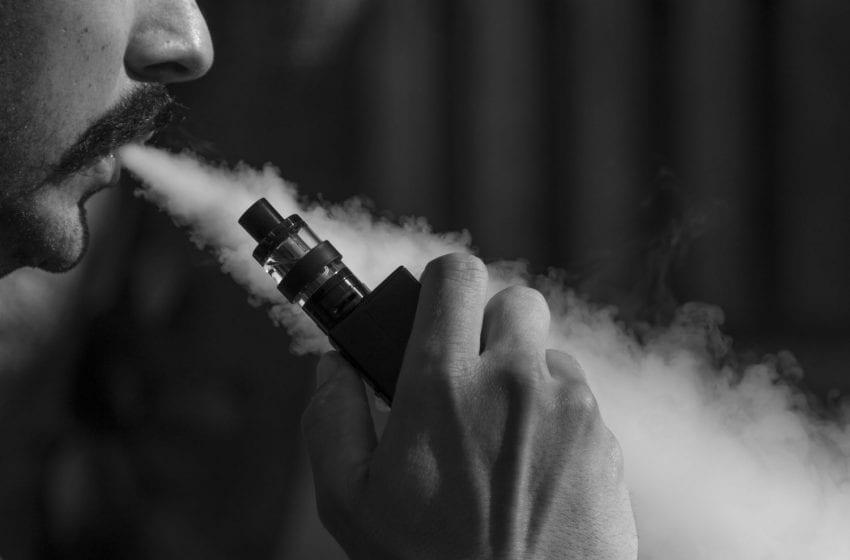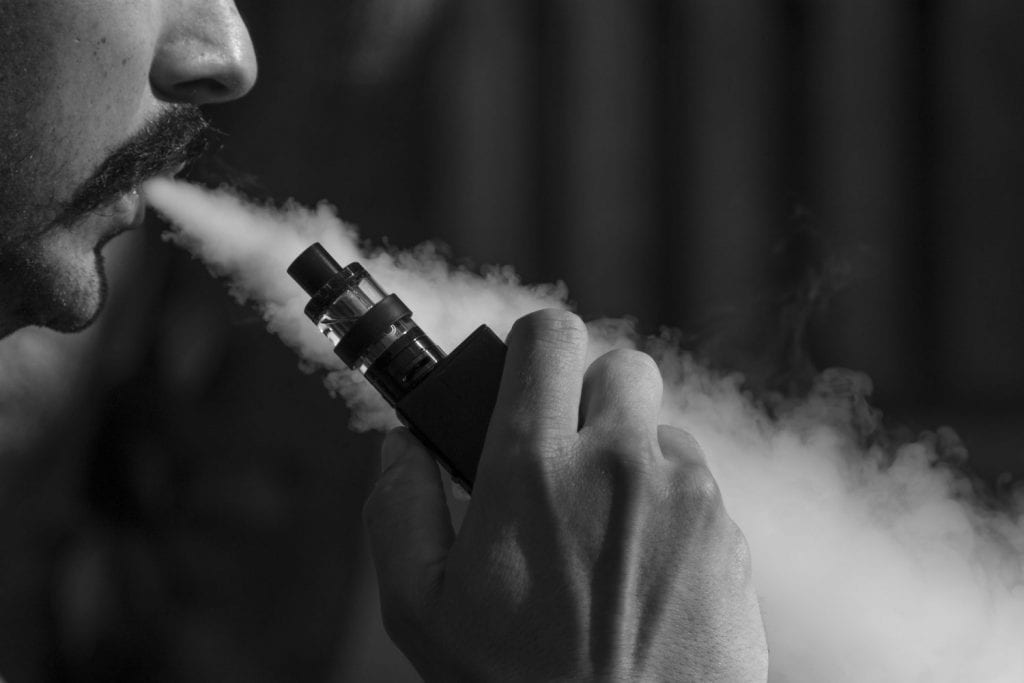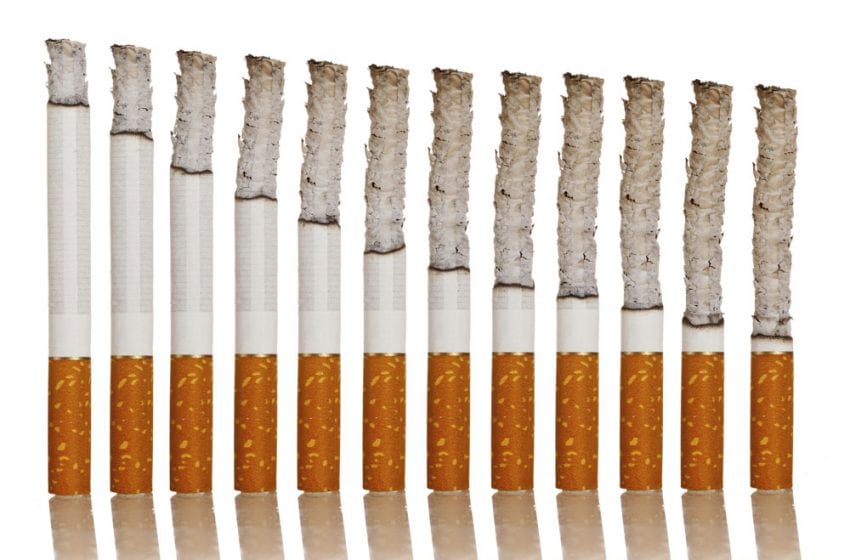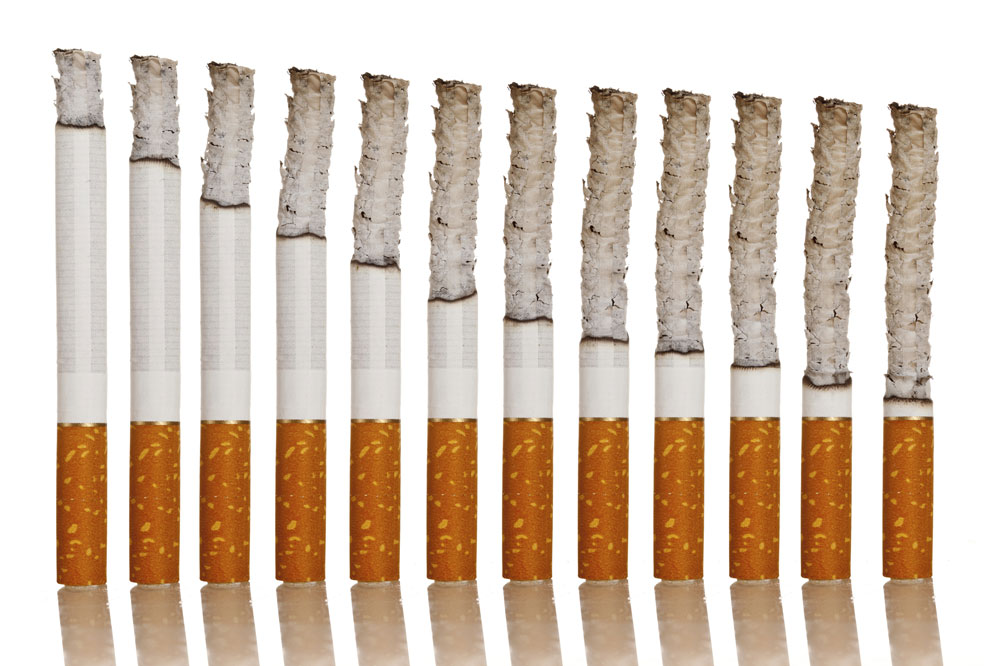
For tobacco harm reduction to be successful, it is imperative that alternative products can compete with combustible cigarettes and that adult smokers have clear information on a product’s relative risk compared to smoking, according to Juul Labs Chief Regulatory Officer Joe Murillo.
In his closing remarks at the 2020 Global Tobacco & Nicotine Forum (GTNF), Murillo spoke on how the category can sustainably accelerate the market away from combustible products while at the same time combating underage use and fostering a more responsible marketplace for vapor products that ensures equal access for all adult smokers.
Murillo’s address pinpointed critical areas where the industry and stakeholders can find common ground in the pursuit of progress, including educating society on the benefits of tobacco harm reduction and using risk-proportionate regulation to elevate alternatives that can ultimately end the death and disease caused by smoking combustible cigarettes.
According to Juul Labs, this year’s GTNF provided an invaluable opportunity for a diverse set of stakeholders to come together and speak about using innovation and regulation to create sustainable change in the tobacco and nicotine market.

















